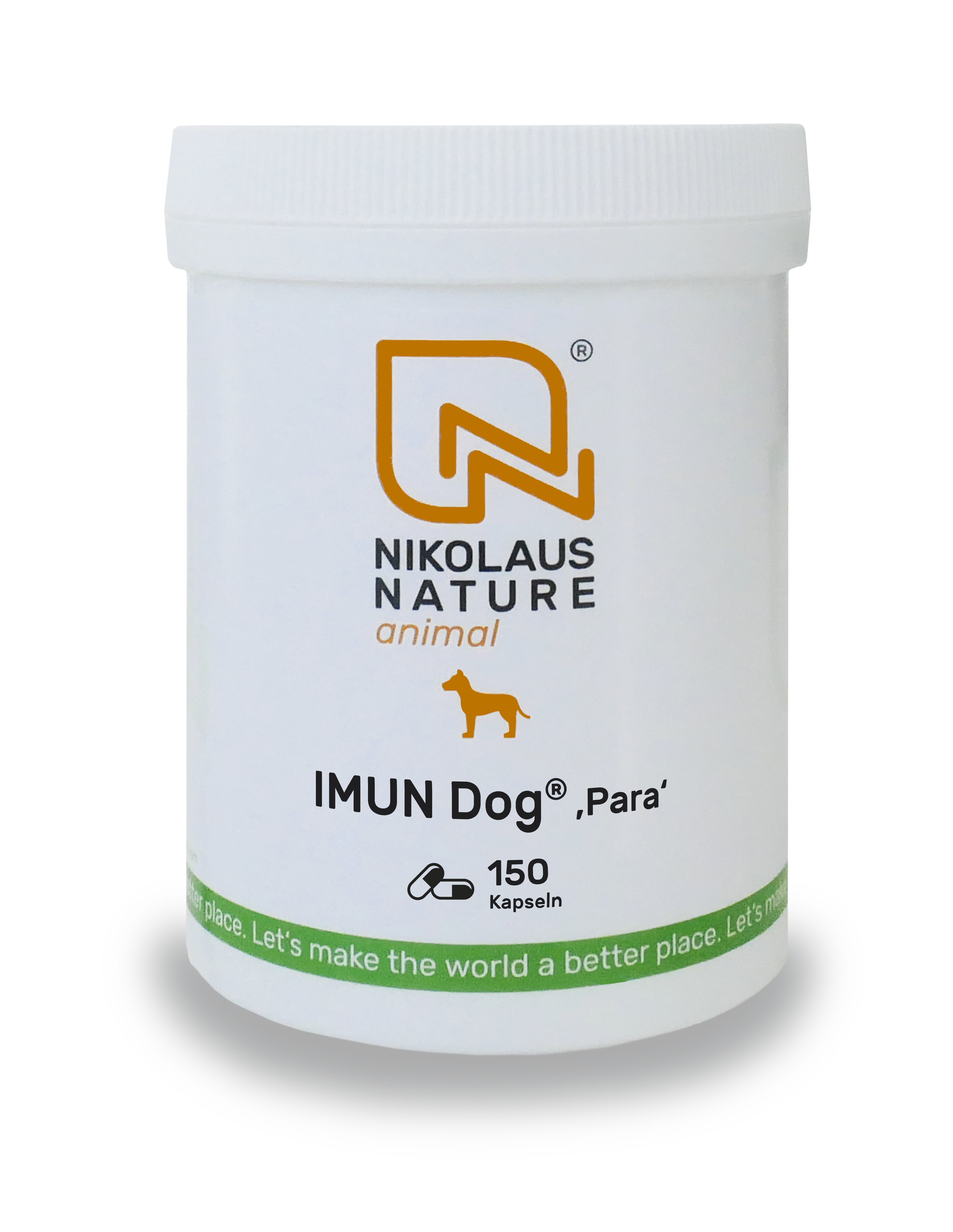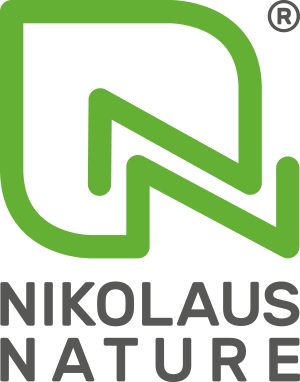×
collect NikPoints and save: find out more
animal
Spring: The "Peak Season" for Parasites
As spring arrives, leaves and buds start to bloom, and the warm sun invites our furry friends on long walks through forests and meadows. With the blooming vegetation and milder temperatures, pesky parasites also awaken from their winter slumber, hungry and eager for new hosts. Fleas, ticks, mites, and worms can seriously affect dogs, feeding at the expense of our four-legged friends' health.Ticks thrive in mild, spring-like temperatures. That's why they are active from spring through fall, posing a constant threat to dogs and their owners. Once a tick latches onto a dog, it stays attached for several days before dropping off. Dogs' skin can react with itching and swelling. This can even lead to scarring or hair loss.
Parasites can significantly weaken a dog's immune system, making it easier for viruses and bacteria to take hold. Severe itching, widespread hair loss, digestive problems, and coat issues are common symptoms of parasitic infestation and a weakened immune system. Additionally, our furry friends often suffer from deficiencies due to the nutrient loss caused by these parasites. Fleas and ticks can also target humans, transferring from pets to people and causing us discomfort as well. Fleas, for example, are not picky about where they sleep and are just as comfortable on dog beds as they are on our couches.
Worms, ticks, ectoparasites: potential impacts on dogs
A dog's health can be severely impacted by worms or tick infestations. Preventive measures are crucial.
-
Itching
-
Constipation
-
Vomiting and diarrhea
-
Deficiencies and nutrient loss
-
Bloated abdomen
-
Loss of appetite
-
Weight loss
Diseases such as anaplasmosis, ehrlichiosis, and babesiosis are infections with potentially chronic courses that can seriously affect a dog's life.
Proper tick removal
-
Grasp the tick as close to the dog's skin as possible using a tick hook or tweezers.
-
Slowly twist and pull.
-
Avoid crushing the tick.
-
Disinfect the bite area.
-
After successful removal, the tick can be neutralized in alcohol.
How to remove a tick from a dog
To avoid such issues in the first place, it’s important to take preventive measures against parasites and unpleasant health problems.
IMUN Dog® Para by Nikolaus Nature offers long-lasting, preventive protection for dogs. It works comprehensively and effectively against fleas, ticks, worms, etc. and is a natural and highly effective weapon in the fight against parasites. This dietary supplement for dogs, made from purely natural ingredients, helps our four-legged friends successfully fend off parasites, viruses and bacteria. High bioavailability and absorption characterize this flavorful specialty, made in Austria, making it an unbeatable alternative to conventional treatments. Adding IMUN Dog® Para to your dog's daily food as a natural preventative is much simpler than treating complex infections later on.
 |
other articles
© 2024 Nikolaus-Nature.com
All prices quoted in EUR incl. statutory taxes but excl. shipping costs. Image rights: Adobe Stock, Nikolaus-Nature.com
Online shop by web2future.at shop solutions
All prices quoted in EUR incl. statutory taxes but excl. shipping costs. Image rights: Adobe Stock, Nikolaus-Nature.com
Online shop by web2future.at shop solutions

